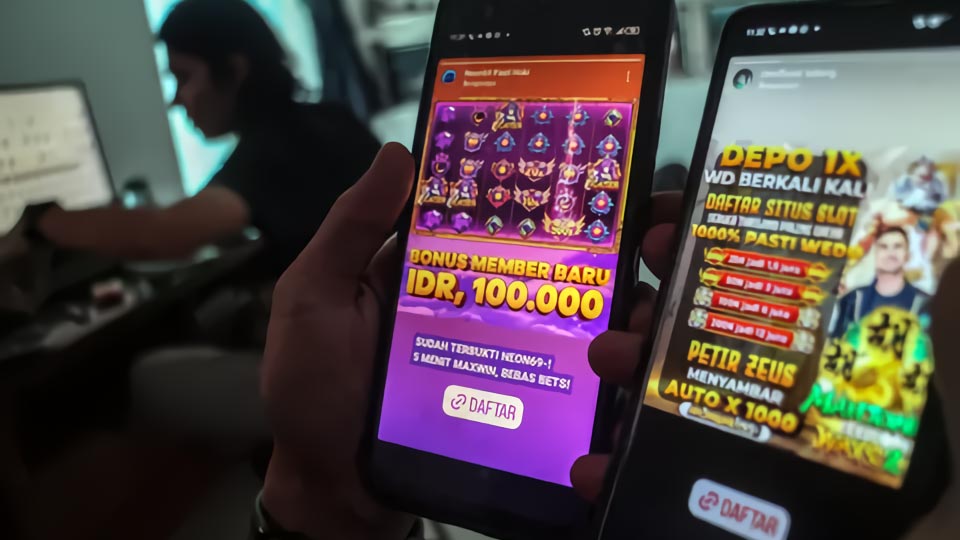
Indonesia has taken a bold and sweeping move to reinforce its stance against illegal online gambling. As digital gambling platforms continue to target Southeast Asian audiences, the Indonesian government is cracking down hard on any activities that threaten public welfare. In a landmark action, authorities recently froze thousands of bank accounts believed to be linked to online gambling transactions—a clear message that unlawful gaming operations will not be tolerated.
Scope of the Crackdown
The latest move by Indonesian regulators involved freezing more than 28,000 bank accounts suspected of being tied to illegal gambling. This was revealed by the country’s Financial Transaction Reports and Analysis Center (PPATK), which has been working tirelessly to uncover financial flows related to online betting platforms.
According to PPATK, the value of these frozen accounts totals tens of millions of US dollars, highlighting the sheer scale of online gambling activity operating beneath the radar. Authorities noted that these accounts were actively used for deposits, withdrawals, and money laundering schemes by organized gambling syndicates.
Government’s Multi-Agency Approach
The crackdown is part of a coordinated national initiative involving multiple agencies. PPATK has joined forces with:
- Bank Indonesia – To assist with freezing accounts and tracking suspicious financial activity.
- The Ministry of Communication and Information Technology (Kominfo) – To block access to gambling websites and mobile platforms.
- The Financial Services Authority (OJK) – To ensure that financial institutions comply with anti-gambling regulations.
- Law enforcement bodies – To investigate, arrest, and prosecute offenders operating or promoting illegal gambling operations.
Indonesia’s multi-agency task force is also leveraging AI-powered monitoring systems to detect online gambling transactions more efficiently, helping close in on accounts and individuals more rapidly.
Social and Economic Implications
Beyond the legal violations, the government’s aggressive stance is fueled by growing concerns about the social and economic damage caused by online gambling. Authorities argue that digital gambling platforms disproportionately affect vulnerable individuals, leading to:
- Family breakdowns
- Personal bankruptcy
- Mental health issues such as anxiety and addiction
Recent studies in Indonesia have shown an increase in gambling participation, particularly among young adults and low-income populations. Online gambling’s accessibility through mobile phones and social media makes it even more dangerous, especially in a country where gambling is illegal and heavily stigmatized.
Legal Measures and Penalties
Indonesia has some of the strictest anti-gambling laws in Southeast Asia. Under current legislation, those caught participating in or facilitating online gambling can face:
- Up to 10 years in prison
- Substantial fines
- Seizure of financial assets and digital equipment
The frozen accounts form part of a broader strategy to disrupt financial infrastructure used by illegal gambling operators. Authorities warn that those who knowingly rent out their accounts or digital wallets for gambling purposes will also be held legally responsible.
Future Outlook

The Indonesia online gambling crackdown is far from over. Officials from PPATK and Kominfo have stated that the freezing of these accounts is just the beginning, with new rounds of investigations already underway. In the coming months, the government plans to:
- Enhance financial monitoring tools using advanced machine learning.
- Tighten collaboration with global platforms like Google and Meta to block gambling ads.
- Educate the public on the risks of online gambling through national awareness campaigns.
Furthermore, new legislation may be introduced to modernize and strengthen cybercrime laws, particularly targeting the financial systems exploited by gambling networks.
Conclusion
Indonesia’s unprecedented move to freeze thousands of bank accounts linked to online gambling sends a strong signal both to the public and the operators behind these platforms. As the government intensifies its efforts to root out illegal gambling, the message is clear: online gambling has no place in the country’s financial or digital ecosystems.
By embracing multi-agency cooperation, utilizing cutting-edge technology, and enforcing strict legal penalties, Indonesia is leading by example in the fight against the rise of digital gambling—putting the safety and well-being of its citizens first.












